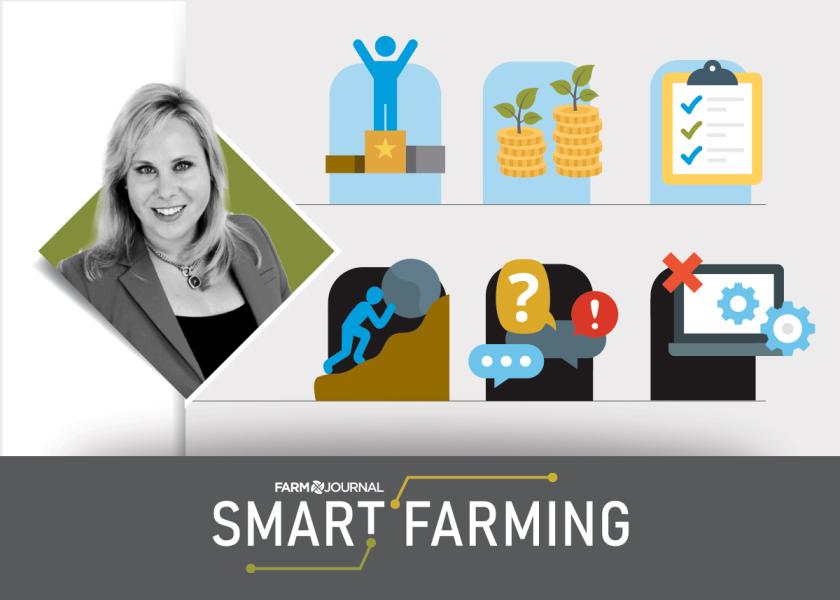The Pros And Cons Of Being An Early Adopter

Recently, I heard someone make this comment:
“There really isn’t very much credit for being an early adopter in an industry that will someday just become regulated.”
Cynical or true? Or somewhere in the middle? Are there advantages to being involved early or should we just wait?
Advantages of Being An Early Adopter
Competitive Advantage
Early adopters can gain a competitive edge by demonstrating their commitment to sustainability and environmental responsibility. This can attract environmentally conscious customers and partners, such as farmer landowners or buyers willing to pay a premium.
Cost Savings
Typically, we might think of cost savings as an immediate advantage, but in truth, practice changes might cost more up front. However, implementing carbon reduction strategies and technologies before they are mandated can lead to significant cost savings in the long run.
Access to Green Financing
Some financial institutions and investors are increasingly interested in funding sustainable and environmentally responsible projects. Early adopters might have an easier time accessing green financing options, which can help fund their sustainability initiatives and expansion plans.
Regulatory Preparedness
Early adopters have the advantage of being well-prepared for future carbon regulations. They are already tracking emissions, implementing reduction strategies and have the necessary systems and processes in place to comply with potential future regulations when we are talking about the stick and not the carrot.
Innovation Leadership
Early adopters are often seen as leaders in their industries. They have the opportunity to innovate and develop new products and services that cater to the growing demand for environmentally friendly solutions.
Global Market Access
As global efforts to combat climate change intensify, being an early adopter can position businesses to access international markets and partnerships that prioritize sustainability.
Disadvantages Of Being An Early Adopter
High Costs
Early adopters often pay a premium for being the first to own a new product or service. Prices might drop significantly as the technology matures, leaving early adopters feeling like they overpaid.
High Level of Effort
Being first often means building the market even if you are buying products or getting freebies from vendors. The added labor, practice changes and inconvenience have a large cost.
Perception Risk
The topic of sustainability is politicized and even though most of us employ many practices that could be considered sustainable by today’s terms, putting a label on it might be a risk. Customers might feel you’re giving in to a politicized agenda or that you’ve taken on a view different from their own. The job of talking them through that could be pretty prohibitive.
Lack of Mature Ecosystem
New technologies and markets might lack the ecosystem of compatible software, accessories and services that older, established products enjoy. This can limit the overall functionality and usefulness of new technology.
Ultimately, it’s important to strike a balance that aligns with both your goals and your comfort level with uncertainty in the rapidly evolving world of technology and innovation.
When it comes to agricultural sustainability, we could easily argue the early adopters did so decades ago. And in a time when it seems suddenly every business and industry is noticing agriculture and we have manufacturers, bankers, governments and general consumers suddenly talking about soil health and animal welfare, as if it’s a new trend, it can be easy for those who have known this for a generation to, well, yawn. Yet, new innovations and new financial opportunities are beckoning.
My best suggestion: Do so according to your values and goals and with a nod to the legacy you’ve been working toward.







